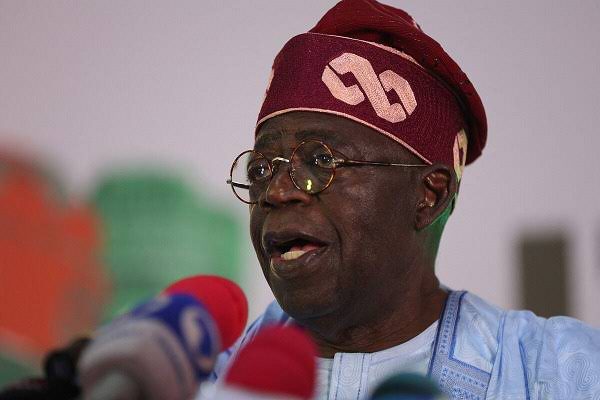President Bola Tinubu has filed an appeal against an order of a US court directing the Chicago State University to release his academic records to Atiku Abubakar, presidential candidate of the Peoples Democratic Party.
Abubakar had approached the court, seeking to compel the university to grant his request on the grounds that the documents would strengthen his suit challenging Tinubu’s electoral victory.
On September 19, Jeffrey Gilbert, a US magistrate judge, granted the request and ordered CSU to release Tinubu’s academic records within 48 hours.
However, on September 21, Tinubu filed a motion seeking to extend the deadline and stay the execution of the magistrate’s order on several grounds.
He had claimed that he was not given a fair hearing since he was not joined as a party in the suit.
The president also challenged the jurisdiction of the magistrate to issue a final order on the reliefs sought by his opposition.
During an emergency hearing on Thursday, Nancy Maldonado, US district judge, agreed to extend the deadline.
In the fresh appeal filed on Monday, Tinubu claimed that Abubakar did not meet the jurisdictional requirement for the court to grant the reliefs he sought.
He said contrary to the PDP candidate’s claim that the documents sought would support his suit challenging the presidential election, the applicant (Abubakar) cannot use the academic records before the Supreme Court in Nigeria.
“Here, the second jurisdictional requirement – that the discovery sought is “for use” in election challenge pending in the Nigerian election court is absent because the applicant cannot submit the information sought,” Tinubu argued.
“For the same reasons, the second discretionary factor – the character and nature of the foreign tribunal and that tribunal’s receptivity to US judicial assistance – weighs strongly against applicant’s discovery because the Nigerian courts already stated they will not consider the evidence due to applicant’s failure to plead his claim in the petition.”

